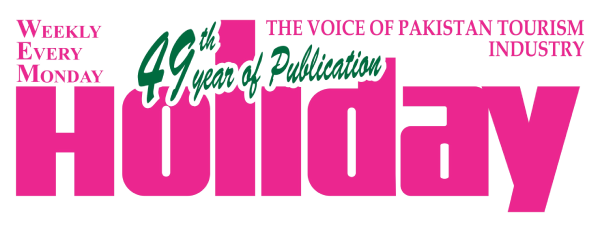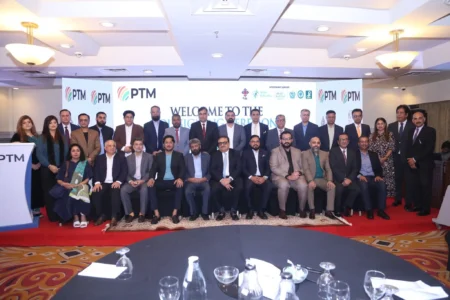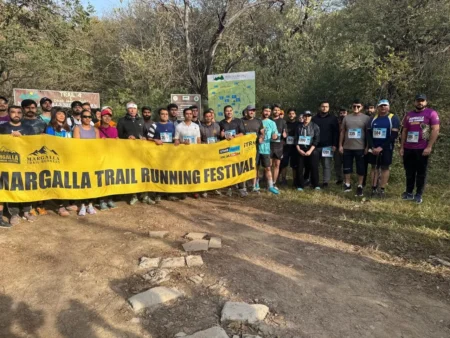TOKYO: Japan is considering an extension of two weeks to a month for coronavirus prevention measures in Tokyo and other areas, Japanese media said on Wednesday, June 30, with less than a month left until the opening of the summer Olympics.

Japan’s capital and other areas are under a ‘quasi’ state of emergency set to be lifted on July 12, but a recent uptick in infections has officials concerned and could affect the number of spectators allowed into Olympics venues.
As Tokyo’s infections rose to 714, their highest since May 26, the Mainichi Shimbun daily said the government was considering the extension that would overlap with the Olympics, due to open on July 23 after a year’s delay over the pandemic.
“The number of new infections has remained low in many regions, but it’s on a rising trend in Tokyo,” Prime Minister Yoshihide Suga told a ministerial meeting on the government’s coronavirus response.
“We intend to implement (existing) steps thoroughly and introduce necessary measures in a timely manner, while carefully watching the situation,” Suga said, without elaborating further.
The ‘quasi’ state of emergency caps spectators at 5,000. Olympics organizers have said spectators will be allowed up to half of venue capacity or a maximum of 10,000, though foreign spectators have been banned.
Media said Tokyo Governor Yuriko Koike would work from home for an indefinite period after her release early on Wednesday from hospital, where she had been recovering from fatigue.
Public broadcaster NHK said the government was drawing up measures for all foreign athletes in regional training camps ahead of the Olympics to halt training and quarantine in their rooms if one of their group tests positive.
This measure will continue until all have had a negative virus test, NHK added, without identifying its sources.
Tokyo 2020 organisers said in an email those testing positive at the airport would be quarantined and authorities in host areas would decide how to categorise “close contacts”.
They have barred family members of athletes from attending the Games due to COVID-19 safety protocols, prompting some athletes to complain that they were being forced to choose between the Games and their young children.




